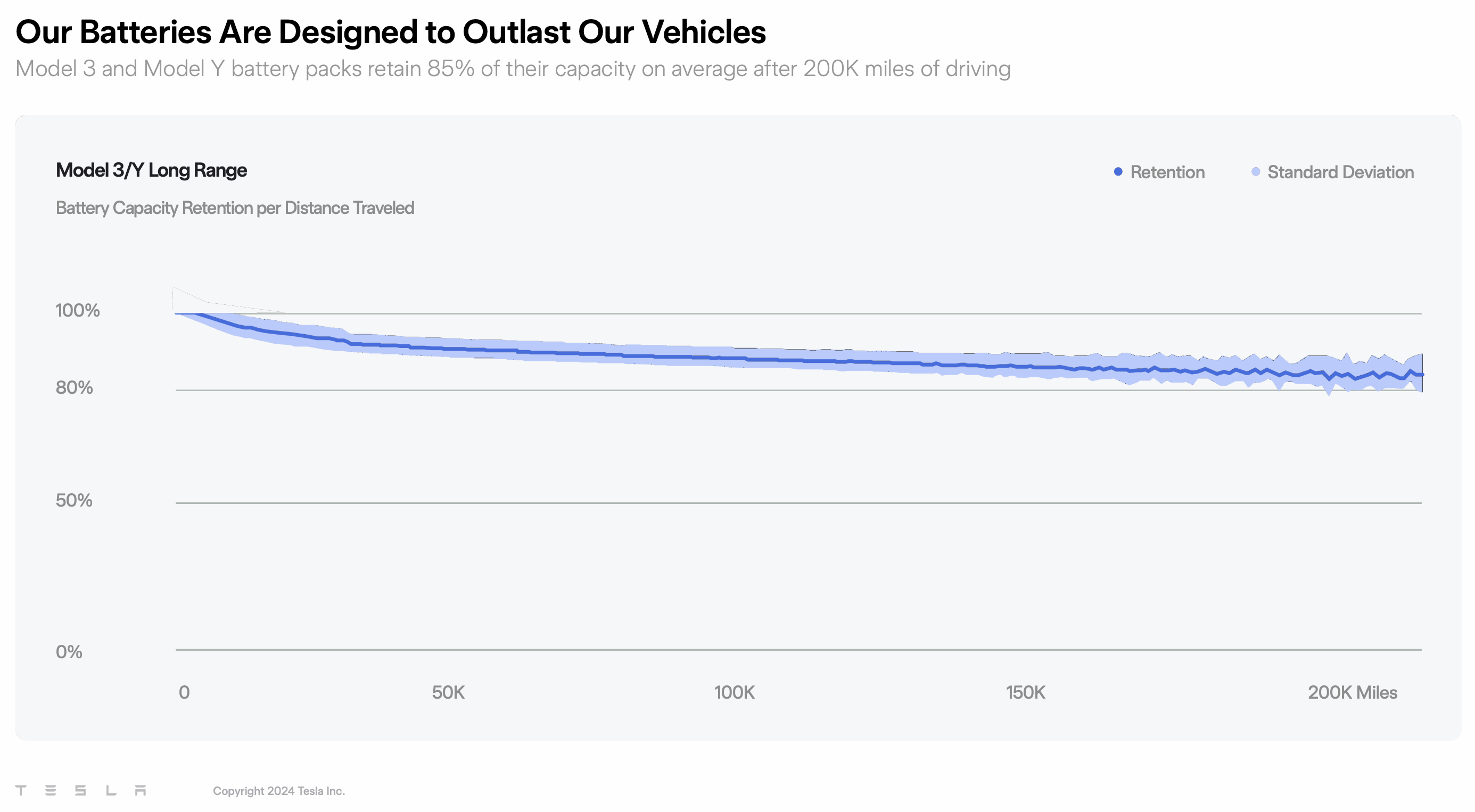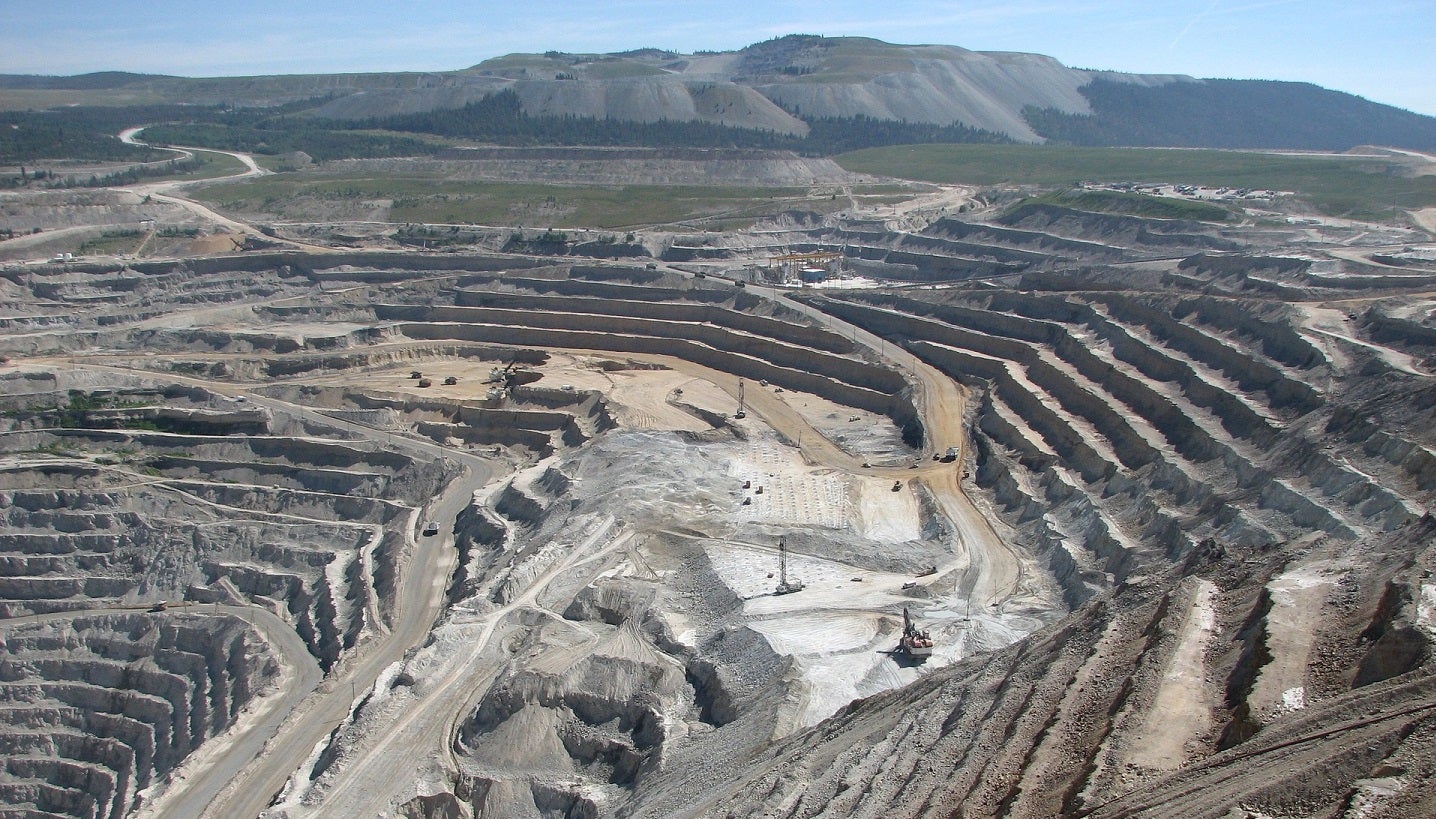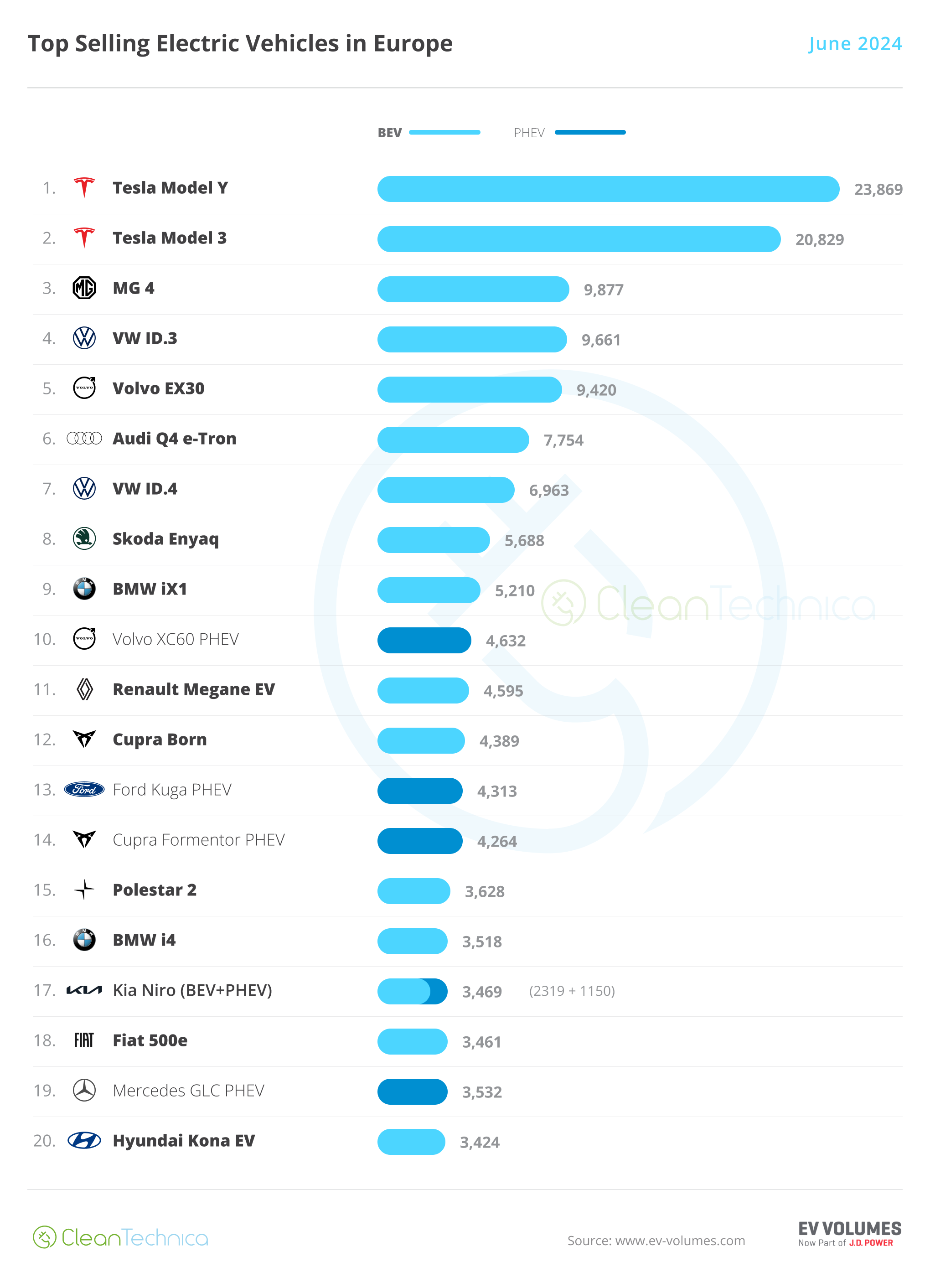The Yukon government will not stop mining across First Nation of Na-Cho Nyäk Dun (FNNND) territory following the June 24 landslide at the Victoria Gold Eagle gold mine heap leach facility. However, it will pause new projects for now. The First Nation had called for a pause to all mining and an independent investigation after the landslide at the facility where cyanide is used to extract gold.
In an Aug. 5 statement, premier Ranj Pillai explained the government’s position. He stated that halting mining, as FNNND requested, would have significant economic and legal impacts. Yukon’s mining permits are governed by federal and territorial laws rooted in the Umbrella Final Agreement
The Umbrella Final Agreement outlines how Yukon First Nations and Governments should negotiate Yukon First Nation Final Agreements. While the Umbrella Final Agreement itself is not legally binding, a Yukon First Nation Final Agreement includes its provisions plus additional terms specific to each First Nation. Once ratified, signed, and put into effect, a Yukon First Nation Final Agreement becomes legally binding.
“The scope and nature of FNNND’s request to halt all exploration and mining activities on their Traditional Territory has significant legal and economic consequences,” said Pillai.
Pillai said stopping all mining activities would require actions not envisioned in the Yukon Environmental and Socio-economic Assessment act (YESAA) or the Waters Act. Such a move would have serious consequences for all Yukoners.
The government will not stop existing mining operations that already have permits. However, it proposed to FNNND a ban on new claims in areas of cultural or environmental importance where mining would be inappropriate. Additionally, there will be a two-month pause on ongoing mine license consultations in FNNND territory and no new consultations will start during this time.
Pillai assured that no new heap leach facilities will be licensed until the landslide’s independent review is integrated into Yukon’s mining policies. The government remains committed to regional land use planning, as required by FNNND for resuming mining activities.
“While large-scale mining operations are the backbone of our territorial economy, we must ensure that industry operating today is not doing so at the expense of future Yukoners or the environment,” said Pilai.
“As caretakers, it is our responsibility to ensure our children and our children’s children can live in a future where it continues to be safe to drink the water and harvest the animals from the land. While mining has its economic benefits, the Government of Yukon recognizes that more needs to be done to protect public health and the environment in the context of mining and exploration activities. We want the Yukon to attract companies that share this philosophy and are here for the long haul.”
For more information, visit www.Yukon.ca.




